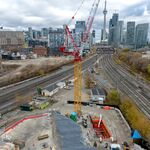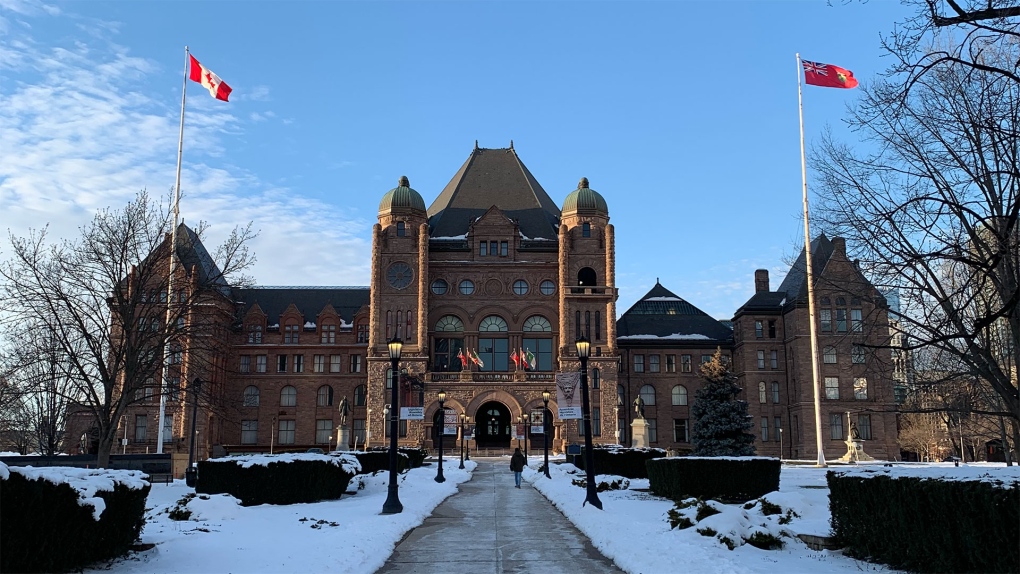Epic regressive policy. Those who own cars, on average have higher net worth too.
I disagree with the decision insofar as its a revenue-give away when there are far more important priorities.
However, I think it may well prove politically astute.
The downfall in that regard is not finding a way to ditch plate renewal entirely; which, I would support.
To be clear, I'm pro highway tolls, and pro parking tax; my issue here is simply that the plate renewal process is a very cumbersome way to administer what is, in effect, a tax.
The tax isn't progressive by income, or consumption (value of car/amount of use of car).....
So its really less than ideal and the cost of the system is rather excessive.
I'd really rather see electronic tolling as my preferred choice; and possibly a sales-tax surcharge on both luxury and gas-guzzling vehicles.
That said, its a visible tax break/hassle reduction that will be felt by millions of Ontarians.
Those of us who are progressive must be alert to the appeal of that; and to find ways to deliver that type of benefit to the public (not necessarily this specific policy) if we want
to see parties with which we sympathize, running on platforms we're inclined to support get elected/re-elected.
It reminds me of booze policy, and here I don't mean buck-a-beer, but rather the simple move Wynne made to open up some sales in supermarkets.
People really enjoy that convenience. In the last campaign Horvath suggested she might rescind that. A completely confounding move.
Sometimes you have to leave things that are popular alone or do more of them, rather be seen to be a party of micro-managers, who are always there to cause 'joe public' a hassle.
To be sure, Universal Dentalcare is a much more important policy plank, investing in transit too; and in housing affordability.
But you can't get to the serious stuff when you forget the comparatively small things that irk and please people.





